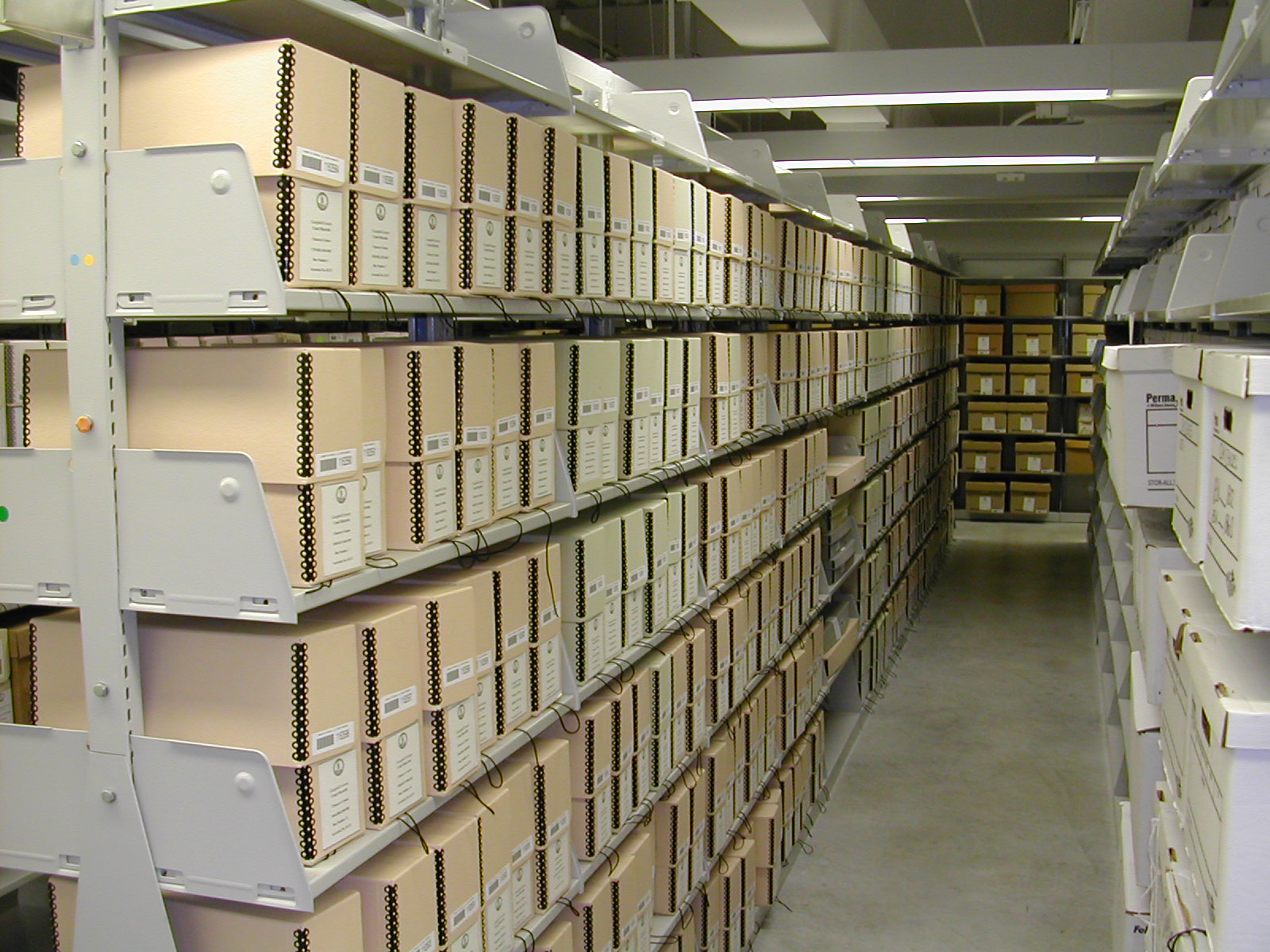I wasn’t sure what to expect when I was called to a meeting in the Library’s Special Collections reading room on a busy day in September 2014. A certain amount of skullduggery and mystery surrounded the parlay with staff from a yet-to-be-identified TV show about genealogy. Already other Library of Virginia staff members had unearthed a set of documents that related to a certain Benjamin Sharpe from a remote section of Virginia. I was to provide context with a few of my colleagues. The meeting went smoothly enough—a free-ranging discussion of the election of 1800, life in a remote section of Virginia, and slavery in the Appalachian region. Did I know a historian who could speak on camera with the show’s star for filming? Certainly. I recommended a few names and returned to my work.
A few days later the e-mail arrived. Would I be the foil for the unnamed actor? I was surprised and flattered, as I recall, but also a bit wary of the assignment. Having some familiarity with shows of this type, I felt hesitant. Such TV episodes, like a movie or any other kind of storytelling, must have a narrative arc. Having been a “talking head” for many documentaries and short media pieces, I realized that my part would be boiled down and edited to serve that narrative. I do the same thing in my own writing to the historical actors whose papers and diaries I mine for quotes and thoughts.

In the end, of course, I accepted. Discussing even a few of our treasures on a national media platform might be the inspiration for many people to find us. Oh, and my boss said I had to do it.

Luckily, my colleagues had already mined the Library’s vast collection for a set of remarkable documents related to Benjamin Sharpe. From the state archives was his mileage and pay for attending a session of the House of Delegates from remote Lee County, a place closer to at least five other state capitols than to Richmond. A personal property tax book from local records documented his slaveholding in a place with a very small enslaved population.
An early map of Virginia reinforced the remoteness of Sharpe’s world from the state capitol and his location near the Wilderness Road and the Cumberland Gap—the gateway to the west that he would soon travel. Our star cranked microfilm, leafed through indexes and books, and read 19th-century handwriting, generally standing up well to the demands of research—if only for a few hours. We all know family historians who have literally spent years in the archives.
So what got left on the cutting room floor? Sharpe’s votes in the General Assembly were fascinating but too complicated to fully explore. Issues of religious freedom immediately arose—could the assembly pay a chaplain? Sharpe sought needed infrastructure for his remote home region just as a modern legislator would. A slaveholder in an overwhelmingly non-slaveholding region, he voted on changes to Virginia’s slave code. In the end, we needed to get Sharpe from point A to B. These and many other stories await other researchers—and maybe TV shows.
This isn’t the first time that the Library of Virginia has contributed to Who Do You Think You Are? and other genealogical TV shows. The proliferation of such shows—a weird hybrid of reality TV and investigative journalism—has been a true cultural phenomenon. It was inevitable that producers and researchers would knock on the Library’s doors to gain access to one of the preeminent research institutions for family history in the United States. Virginia’s status as the oldest North American British colony meant that its people migrated to every corner of the country—so most Americans can claim a Virginia ancestor.

Cover. Virginia House of Delegates, Attendance books, 1776-1884.
Accession 35171. State government records collection, The Library of Virginia, Richmond, VA.
The unparalleled collections drew Who Do You Think You Are? in 2012, when actor and Petersburg native Blair Underwood traveled to the Library to trace his family in the Campbell County Free Negro and Slave Records and the Amherst Free Negro Register, among other treasures. He even discovered that one of his ancestors was a slave owner. Likewise, researchers for Finding Your Roots with Henry Louis Gates, Jr. have made extensive use of the Library’s records.
–Gregg Kimball, Director of Public Services and Outreach






